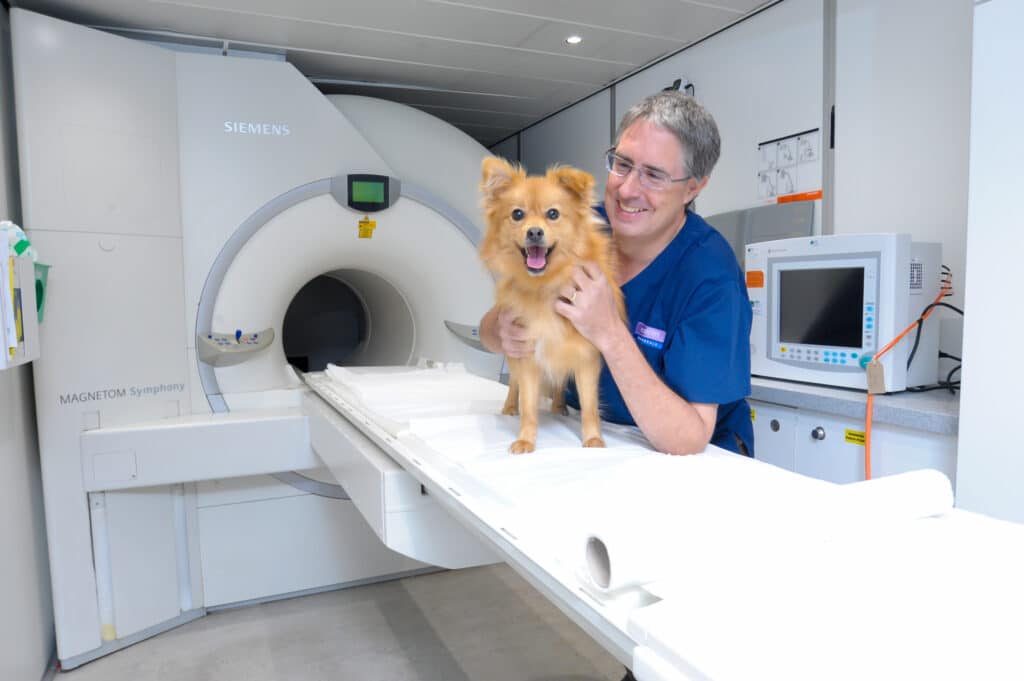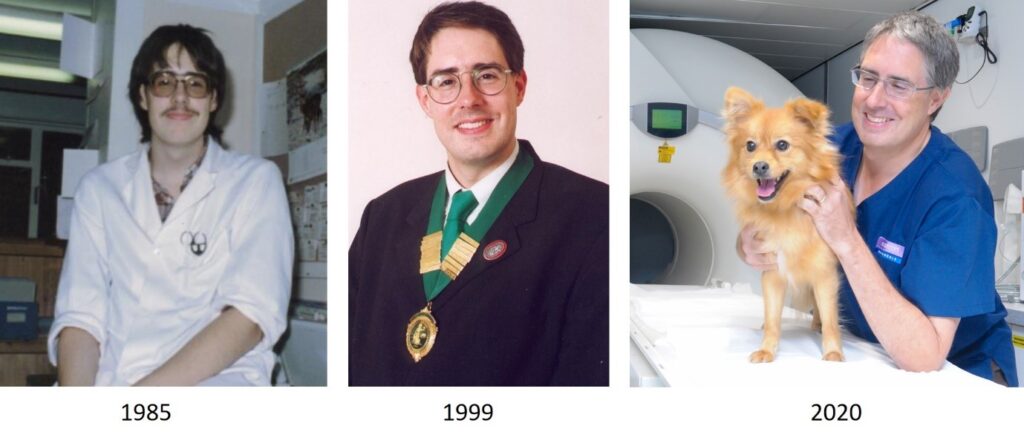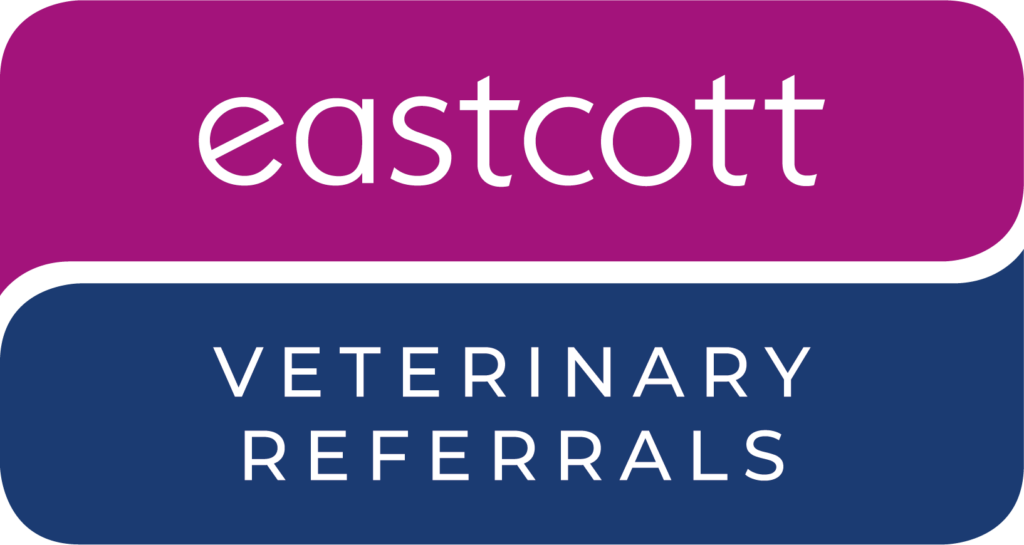Categories
Referral Radiographer – Veterinary Nurse Awareness Month 2021

As part of Veterinary Nurse Awareness Month, we’re going to be focusing on some of our amazing veterinary nurses and show the different careers each one has chosen. Today we hear from our Referral Radiographer – Nicholas Taylor.
What got you interested in becoming a veterinary nurse?
I was always interested in animals and bred and exhibited budgerigars from about 9 years old and throughout my teens.
How long have you been a veterinary nurse?
In one way or another nearly 36 years so far. I spent 18 years working as a veterinary nurse in practice from 1985 to 2003 during which time I was also involved with the British Veterinary Nursing Association for several years, becoming President in 1999/2000.
For the next 18 years I retrained and worked for the NHS as a radiographer, retaining my RVN status in a non practicing role, until returning to the veterinary profession in September 2020 in a more specialised capacity.
What does your current role involve?
My current role as a Referral Radiographer involves me working closely with the rest of the veterinary team in order to provide the best diagnostic imaging possible using my experiences and training as a veterinary nurse and radiographer with the NHS where I used a wide range of imaging equipment including CT and MRI scanners.
I have been helping to set up the MRI scanner and train other members of staff in order to provide advanced imaging for the neurology, and other referral services provided by Eastcott Referrals.
What are the key skills you think you need to be a successful RVN?
A love of the job, the ability to work well as a team, to continue to learn and develop your knowledge and skills and be able to adapt to the daily challenges associated with any aspect of healthcare.
I love the variety of the work, the people, the animals, and how much the profession has advanced in the provision of veterinary healthcare over the years.
What makes your day so interesting?
Each day is different, there are always new challenges, new problems to solve and new things to learn. Patient care has developed so much from when I first started work as a veterinary nurse, and now I have returned to practice I can see directly how much the profession has evolved in the services provided, the training and the knowledge of the veterinary surgeons and nurses.
There are more opportunities to gain specialist skills and also to get involved with professional organisations to help shape the future of veterinary nursing and the profession in general.
Is there any particular patient or case you’ve been involved with that has stuck with you?
There have been so many over the years that it is difficult to choose but it is often the unusual cases which you remember the most such as a two cases of strychnine poisoning while I was a trainee VN, or assisting with a sheep Caesarian in a snowy Devon field surrounded by free range chickens. Most are happy ones, such as running puppy parties, and helping seriously ill patients back to recovery, but there are also sad memories when, despite everyone’s best efforts, the patient does not pull through.
How did you find the challenges posed by 2020? Both professionally and personally
2020 turned everything upside down. I was still working for the NHS when the first wave of COVID 19 and the lockdown happened. This resulted in a complete change, almost overnight it felt, in nearly every aspect of how we provided diagnostic imaging and worked within the hospital. At times it was both mentally and physically demanding but we had a strong team and we supported each other.
I hadn’t been intending to change direction but the opportunity to work at Eastcott as a referral radiographer helping to set up a new MRI service was too tempting and has given me a new direction working in a different environment, which has also had to massively adapt its daily working practice as a result of the events of 2020.
What additional qualifications do you have or you’re working towards?
Since qualifying as a veterinary nurse in 1988, I have been constantly undertaking regular CPD, attending conferences and learning new skills. I have had additional training in large animal veterinary nursing and hold a BSc (Hons) in Diagnostic Radiography, and a further BSc and MSc from the Open University. I’m currently not study for anything else but never say never.
If you could go back in time what advice would you give to the younger you starting out on your career?
Loose the moustache and get a better haircut. On a serious note I would say to make the most of all the experiences and opportunities veterinary nursing, and life in general can offer. And don’t forget to take time to relax and enjoy yourself.

